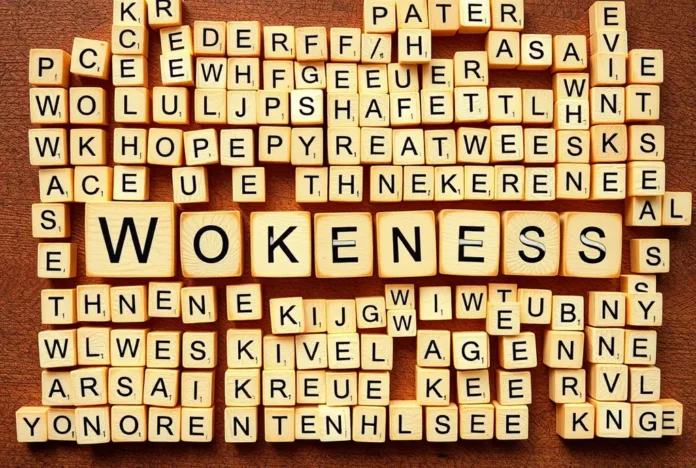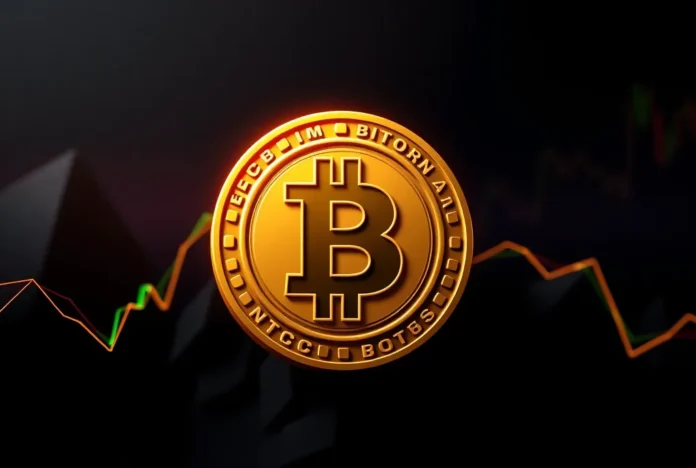In today’s polarized world, the principles of free thought and open inquiry feel more essential—and more challenging—than ever. Rooted in centuries of wisdom, free thinking is an ideal that great minds across history have advocated as the backbone of intellectual, moral, and societal growth. From Thomas Jefferson’s rejection of religious intolerance to Albert Einstein’s insistence on viewing the world through one’s own lens, free thinking has shaped the foundation of modern society. But as we navigate new paradigms of social consciousness and “wokeness,” are we living up to the legacy of free thought?
The Essence of Free Thinking
Free thinking is the ability and right to think independently, beyond societal pressures and accepted norms. At its core, free thought isn’t just about forming unique opinions but also about respecting the space for others to do the same. Voltaire put it concisely: “Think for yourselves and let others enjoy the privilege to do so too.” This isn’t a call to complacency or passive acceptance but a directive for active engagement with different perspectives, grounded in respect.

Thomas Jefferson’s sentiment that he would “never bow to the shrine of intolerance” encapsulates the idea that open inquiry and personal autonomy should never be curtailed by social or religious pressures. He warns against allowing societal norms to interfere with the sanctity of one’s beliefs—a philosophy that seems timeless as debates about acceptable discourse evolve.
The Age of Wokeness: New Frontiers or New Limits?
“Wokeness” has brought a renewed attention to historically marginalized voices, pressing society to reconsider longstanding biases. This movement has achieved considerable strides in social consciousness and justice, shining a light on pressing issues that were too often ignored. However, some argue that a modern version of “intolerance” is emerging, where ideological conformity is encouraged under the guise of progress.
The very freedom George Orwell celebrated—the “freedom to say that two plus two make four”—speaks to the right to express one’s own beliefs, even when inconvenient or unpopular. But wokeness, in its more dogmatic applications, can impose strict boundaries around permissible thoughts or expressions, narrowing the scope of “acceptable” beliefs.
Free Thought vs. Groupthink
Free thinking and social consciousness should not be incompatible. Still, as Mark Twain famously suggested, “Whenever you find yourself on the side of the majority, it is time to pause and reflect.” This speaks to the need for constant introspection within societal movements. Even positive, well-intentioned movements can slip into forms of groupthink, where deviation is discouraged, and self-censorship thrives.
John Stuart Mill reminded us that understanding only “one side of the case” renders knowledge incomplete. In today’s climate, avoiding echo chambers has become increasingly difficult, with algorithms reinforcing confirmation bias and polarizing discourse. However, the principle of free inquiry remains paramount. Only by exposing ourselves to diverse viewpoints, both affirming and challenging, can we gain a more comprehensive understanding of issues.
Courage to Embrace the Unpopular
Embracing free thought requires courage, particularly when one’s views oppose popular opinion. Bertrand Russell’s advice, “Do not fear to be eccentric in opinion, for every opinion now accepted was once eccentric,” is a call for intellectual bravery. Wokeness, when balanced with open-mindedness, can foster a vibrant exchange of ideas. But when taken to extremes, it risks punishing dissent, thus fostering an environment in which individuals may self-censor rather than engage in genuine discourse.
Helen Keller’s reflection that “the heresy of one age becomes the orthodoxy of the next” encourages us to view today’s contentious ideas with humility and openness. Ideas once considered revolutionary or even dangerous have become accepted truths over time, reminding us that today’s unconventional thinkers may pave the way for tomorrow’s progress.
Striking a Balance: A Path Forward
To ensure that wokeness serves as an asset to free thought rather than a hindrance, society must foster a culture of respectful disagreement, where ideas are debated without fear of social exile. As Carl Sagan emphasized, “It is far better to grasp the universe as it really is than to persist in delusion, however satisfying and reassuring.” Avoiding self-delusion means embracing a fuller reality, even if it conflicts with one’s preconceived notions.
Albert Einstein’s statement that “few are those who see with their own eyes and feel with their own hearts” speaks to the individuality required in an era of intense social pressure. True free thought requires not only courage but a commitment to authenticity—seeing the world clearly and personally, without bending solely to collective expectations.
Final Thoughts
The balance between free thought and social awareness is delicate, and one must be willing to navigate the complexities of both. Wokeness, when channeled toward a society that encourages understanding and accountability, can coexist with the principles of free thinking. But when it shifts toward uniformity of thought, it risks undermining the very freedom it seeks to protect.
As Socrates famously said, “To find yourself, think for yourself.” In a time when external influences are louder than ever, each of us must continually reassert our commitment to personal authenticity. By doing so, we honor the wisdom of history’s greatest free thinkers, ensuring that our ideas remain as vibrant and diverse as the world we seek to understand.



